In today’s globalized world, there is a growing need for individuals to engage in meaningful and sustainable international volunteering projects. These projects aim to create lasting change by addressing pressing social, economic, and environmental issues in communities around the world.
One of the main advantages of sustainable international volunteering projects is that they prioritize long-term impact over short-term fixes. Unlike traditional charity work that often provides temporary relief, sustainable projects focus on empowering local communities and building their capacity to address systemic challenges. They promote self-sufficiency and encourage individuals to find innovative solutions to social issues.
Sustainable international volunteering projects also foster cultural exchange and understanding. Volunteers who participate in such projects have the opportunity to immerse themselves in a different culture, learn a new language, and gain a deeper understanding of global issues. This cultural exchange is not only enriching for the volunteers but also helps break down stereotypes and build bridges between different communities.
Furthermore, sustainable international volunteering projects contribute to the United Nations’ Sustainable Development Goals (SDGs). These goals include eradicating poverty, promoting gender equality, ensuring quality education, and combating climate change, among others. By actively working towards these goals, volunteers contribute to the overall well-being and development of communities, making a positive and lasting impact on a global scale.
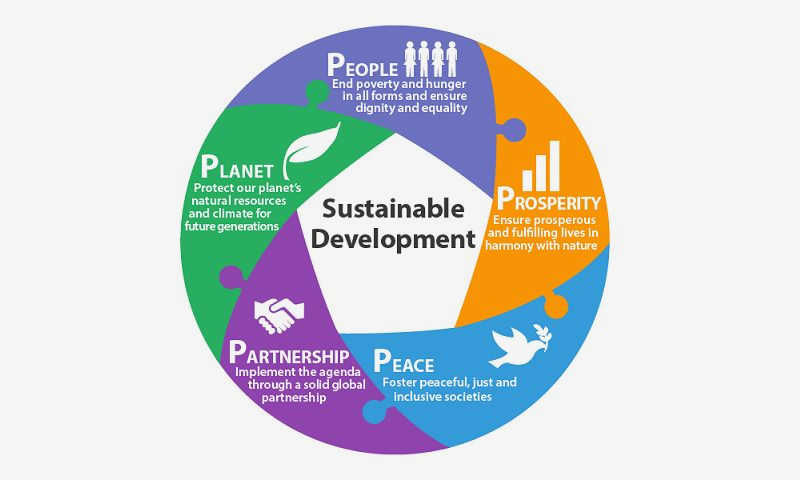
Understanding the Need
To create lasting change through sustainable international volunteering projects, it is essential to first understand the need within the communities that these projects aim to serve. This involves conducting thorough research and analysis to identify the specific challenges and issues faced by the community.
Understanding the need involves exploring various factors such as education, healthcare, infrastructure, and socio-economic conditions. It is important to consider the existing resources, cultural norms, and historical context of the community to develop effective solutions.
In order to gain a comprehensive understanding of the need, it is crucial to engage with the local community and stakeholders. This could involve conducting interviews, surveys, and focus groups to gather firsthand insights and perspectives. Consulting with experts and local organizations can also provide valuable knowledge and guidance.
By truly understanding the need, sustainable international volunteering projects can address the root causes of the challenges faced by the community. This approach ensures that the projects are relevant, impactful, and aligned with the long-term goals and aspirations of the community. In turn, this increases the chances of creating lasting change and empowering communities to thrive.
Building Local Capacity
One of the fundamental goals of sustainable international volunteering projects is to build local capacity. This involves empowering local communities and organizations to take ownership of and lead their own development initiatives. By providing training, resources, and support, international volunteers can help build the skills and capabilities of local individuals and organizations.
Training and Skills Development
International volunteers can provide valuable training and skills development opportunities to local community members. This can include teaching English, vocational skills, or technical expertise in areas such as agriculture, healthcare, or education. By equipping locals with these skills, volunteers are helping to create a sustainable future by fostering self-reliance and economic independence.
Sharing Knowledge and Experience
Through their experiences and knowledge, international volunteers can share valuable insights and best practices with local communities. This can include ideas for sustainable development, innovative approaches to problem-solving, and strategies for community engagement. By facilitating the exchange of knowledge, volunteers contribute to the building of local capacity and empower communities to create lasting change.
Collaboration and Partnership
Sustainable international volunteering projects often involve collaboration and partnership with local organizations and communities. By working alongside local partners, volunteers can help build their capacity to implement and sustain development initiatives. This collaborative approach ensures that projects are locally-led, culturally appropriate, and reflective of the needs and aspirations of the community.
Evaluating and Monitoring Progress
Building local capacity also involves monitoring and evaluating the progress of development initiatives. International volunteers can assist in setting up monitoring systems, collecting data, and analyzing the impact of projects on the community. This helps to ensure that resources are being utilized effectively and that the desired outcomes are being achieved.
Sustainability and Long-Term Impact
The ultimate goal of building local capacity is to create sustainable, long-term impact. By empowering local communities and organizations, sustainable international volunteering projects help to create a future where communities are self-reliant, resilient, and capable of driving their own development. This ensures that the positive change brought about by international volunteers is enduring and has a lasting impact.
Empowering Communities
One of the main goals of sustainable international volunteering projects is to empower local communities. These projects aim to provide communities with the tools, resources, and knowledge they need to thrive and become self-sufficient.
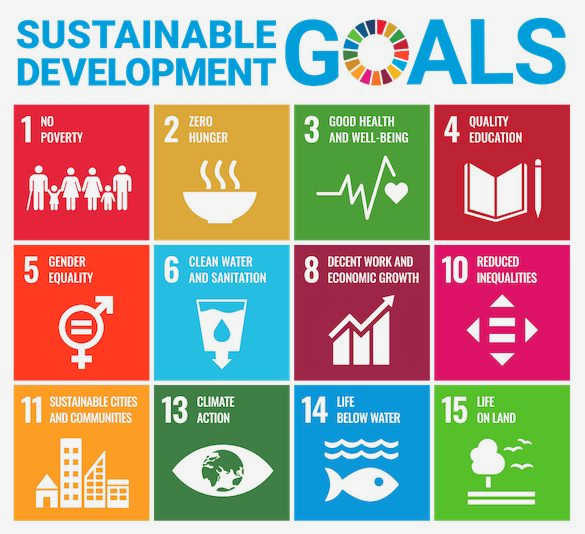
Education and skill-building: One way to empower communities is through education and skill-building programs. Volunteers can help teach basic literacy and numeracy skills, as well as vocational skills such as agriculture, healthcare, or business management. By imparting these skills, communities can become more self-reliant and have the ability to create sustainable livelihoods.
Capacity building: Sustainable volunteering projects also focus on capacity building within the community. This involves working with local leaders and organizations to develop their skills and knowledge in areas such as project management, resource allocation, and community development. Through capacity building, communities can take ownership of their development and have a say in the decisions that affect them.
Physical infrastructure: Another aspect of empowering communities is the creation of physical infrastructure. This could include building or renovating schools, community centers, or healthcare facilities. By improving infrastructure, communities have better access to essential services, which in turn improves their quality of life and overall well-being.
Long-term partnerships: Sustainable volunteering projects often strive to build long-term partnerships with local communities. This involves working closely with community members to understand their needs and priorities, and collaborating on projects that address these challenges. By establishing strong partnerships, communities feel a sense of ownership and are more likely to remain engaged in the development process even after the volunteers have left.
In conclusion, empowering communities is a key aspect of sustainable international volunteering projects. By providing education and skill-building programs, fostering capacity building, improving physical infrastructure, and building long-term partnerships, these projects can create lasting change and help communities become self-sufficient and resilient.
Preserving Cultural Heritage
Cultural heritage refers to the traditions, customs, artifacts, and practices that are passed down from generation to generation within a society. Preserving cultural heritage is of utmost importance as it helps to maintain a sense of identity and pride within a community.
International volunteering projects focused on preserving cultural heritage play a crucial role in safeguarding these invaluable aspects of a society. Such projects often involve collaboration with local communities, cultural institutions, and experts to assess, document, and protect cultural heritage sites, artifacts, and practices.
One of the key challenges in preserving cultural heritage is the threat of destruction or deterioration due to various factors such as urbanization, natural disasters, and conflicts. Volunteers can contribute by providing their expertise in areas such as archaeology, conservation, and restoration, helping to restore and preserve historical sites and artifacts.
- They may work alongside experts to carry out research, documentation, and cataloging of cultural artifacts and practices, ensuring their safekeeping for future generations.
- Volunteers can also play a role in raising awareness about the value of cultural heritage and advocating for its protection within local communities and on a global scale.
Another important aspect of preserving cultural heritage is the promotion of sustainable tourism. By developing responsible tourism practices, volunteers can contribute to the economic development of communities while ensuring the preservation and respect for their cultural heritage.
Overall, sustainable international volunteering projects that focus on preserving cultural heritage are instrumental in protecting and promoting the diversity and richness of cultures around the world. Through collaborative efforts and a commitment to sustainable practices, volunteers can make a lasting impact in safeguarding cultural heritage for future generations.
Addressing Global Issues
Sustainable international volunteering projects play a crucial role in addressing various global issues. By focusing on sustainability, these projects aim to create lasting change in areas such as environmental conservation, education, healthcare, and poverty alleviation.
One of the key global issues that sustainable international volunteering projects address is environmental conservation. Volunteers participate in initiatives that aim to preserve natural resources, protect vulnerable ecosystems, and promote sustainable practices. They may engage in activities such as reforestation, wildlife conservation, and promoting sustainable agricultural practices. These projects help to raise awareness about environmental issues and contribute to long-term ecological sustainability.
Sustainable international volunteering projects also contribute to addressing global issues in education. Volunteers often work in underprivileged communities, providing educational support and resources to children who may not have access to quality education. They may teach English, math, science, or other subjects, empowering children with knowledge and skills that can help them break the cycle of poverty. These projects contribute to improving global literacy rates and promoting educational equity.
In the healthcare sector, sustainable international volunteering projects play a vital role in addressing global health issues. Volunteers may work in healthcare facilities or community health programs, providing medical support, health education, and preventive healthcare services. They may focus on areas such as maternal and child health, infectious disease prevention, or improving access to healthcare in underserved communities. These projects help to improve health outcomes and reduce health disparities in vulnerable populations.
Finally, sustainable international volunteering projects also contribute to addressing the global issue of poverty. By supporting economic development initiatives, volunteers help create sustainable livelihoods for individuals and communities. They may participate in projects that promote entrepreneurship, microfinance, vocational training, or income-generating activities. These projects empower individuals to lift themselves out of poverty and contribute to sustainable economic growth.
Overall, sustainable international volunteering projects have a significant impact on addressing global issues across various sectors. By focusing on long-term solutions and sustainable approaches, these projects create lasting change and contribute to a more equitable and sustainable world.
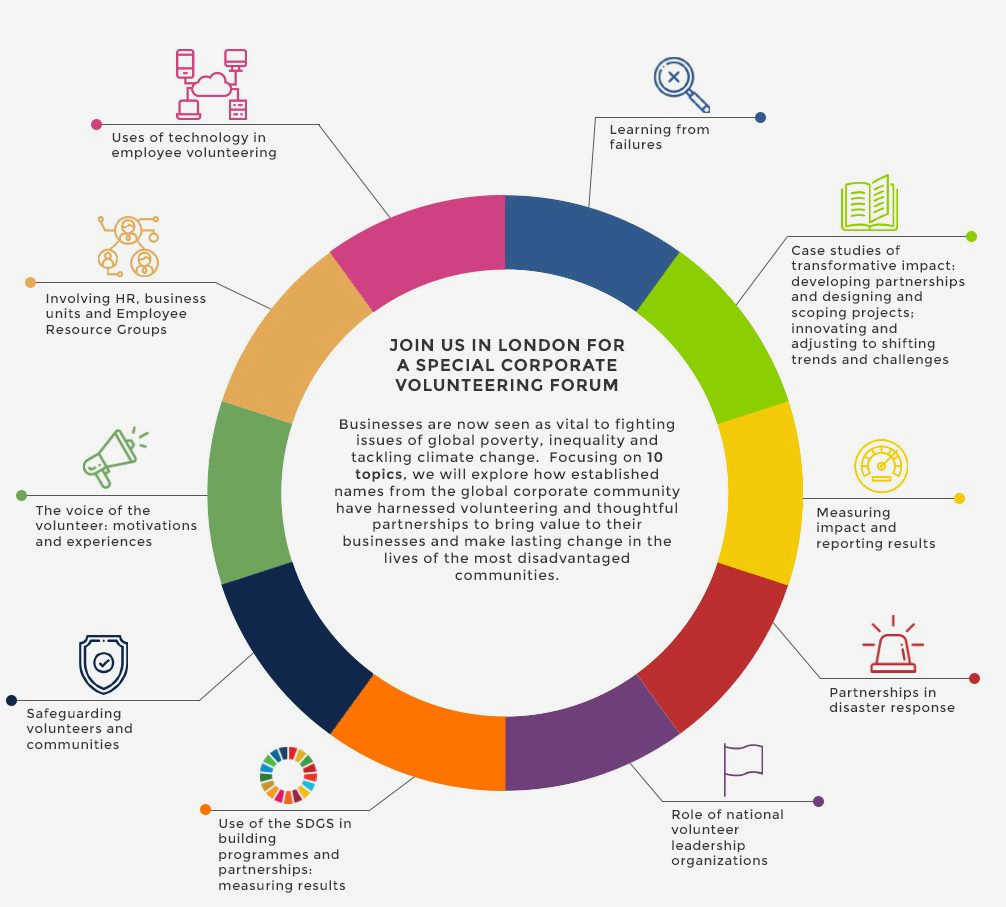
Fostering Cross-Cultural Understanding
One of the key benefits of sustainable international volunteering projects is the opportunity they provide to foster cross-cultural understanding. By immersing volunteers in a different culture and community, these projects allow individuals to gain firsthand experience and knowledge about diverse ways of life, traditions, and customs.
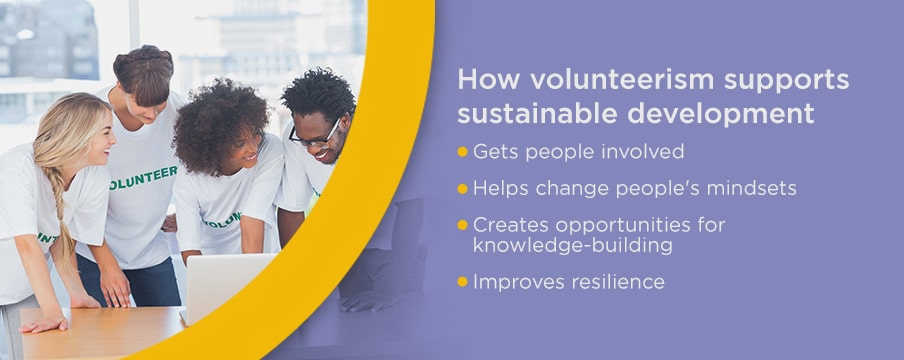
Through interaction and collaboration with local communities, volunteers can develop a deeper appreciation for cultural diversity and gain a broader perspective on global issues. They can learn about the challenges faced by the community and the solutions they have implemented, while also sharing their own experiences and ideas. This exchange of knowledge and understanding is essential for bridging gaps between cultures and building a more inclusive and harmonious global society.
Moreover, sustainable international volunteering projects provide an opportunity for volunteers to challenge their own cultural assumptions and biases. By being exposed to different ways of thinking and living, volunteers can confront their own preconceived notions and develop a more open-minded and empathetic worldview. This process of self-reflection and personal growth can not only benefit the individual volunteer but can also contribute to breaking down stereotypes and promoting cultural acceptance at a larger scale.
Fostering cross-cultural understanding is not only beneficial for individuals but also for communities as a whole. By promoting cultural exchange and dialogue, these projects can help create an environment of mutual respect and appreciation between volunteers and community members. This can lead to deeper connections and more meaningful collaborations, ultimately enabling communities to address their needs in a more sustainable and inclusive manner.
In conclusion, sustainable international volunteering projects play a vital role in fostering cross-cultural understanding. By creating opportunities for cultural exchange and collaboration, these projects contribute to building a more inclusive and interconnected global society. Through firsthand experiences and interactions, volunteers can develop a deeper appreciation for cultural diversity, challenge their own assumptions, and promote cultural acceptance and empathy. Ultimately, these projects can create lasting change by empowering communities and individuals to work together towards a more sustainable future.
Creating Long-term Relationships
Building Trust
Building trust is essential in creating long-term relationships in sustainable international volunteering projects. Trust forms the foundation upon which individuals and organizations can collaborate effectively and work towards a common goal. This can be achieved through open and honest communication, delivering on commitments, and demonstrating transparency in project operations.
Cultural Exchange
A key aspect of creating long-term relationships in sustainable international volunteering projects is promoting cultural exchange. By fostering an environment of mutual respect and appreciation for different cultures, volunteers can learn from the communities they serve and vice versa. Engaging in cultural exchange activities such as language lessons, traditional cooking classes, and local customs demonstrations helps volunteers develop a deeper understanding of the local culture and builds stronger relationships.
Capacity Building
Long-term relationships can be strengthened by focusing on capacity building within the local community. Instead of providing temporary solutions, sustainable international volunteering projects should aim to empower the community to become self-sufficient and independent. This can be achieved by providing training and resources that enable local individuals to develop skills and expertise, leading to long-lasting positive change. By supporting the community’s capacity to address their own needs, volunteers can create lasting relationships based on shared goals and mutual support.
Partnering with Local Organizations
Collaborating with local organizations is crucial in creating long-term relationships in sustainable international volunteering projects. By working hand in hand with local NGOs, community groups, and government agencies, volunteers can tap into existing networks and resources, ensuring that their efforts are aligned with local priorities and needs. This partnership approach fosters trust, enhances project sustainability, and creates a foundation for ongoing relationships beyond the immediate volunteering period.
Evaluating Impact
Regularly evaluating the impact of sustainable international volunteering projects is instrumental in creating long-term relationships. Through rigorous monitoring and evaluation processes, volunteers can assess the effectiveness of their interventions, identify areas for improvement, and make adjustments accordingly. By demonstrating the positive impact of their efforts, volunteers can build credibility and trust, encouraging continued collaboration and support from the local community and stakeholders.
Promoting Sustainable Development
Sustainable development is crucial for the long-term well-being of communities and the environment. Through sustainable development, we can ensure that current needs are met without compromising future generations’ ability to meet their own needs. International volunteering projects play a significant role in promoting sustainable development in various ways.
Building Local Capacity
One of the key ways in which international volunteering projects promote sustainable development is by building local capacity. This involves providing training and resources to local communities, empowering them to become self-reliant and take charge of their own development. Volunteers can share their expertise and skills, whether it’s in areas like agriculture, education, healthcare, or infrastructure development, to help communities improve their living conditions and build a sustainable future.
Encouraging Cultural Exchange and Understanding
International volunteering projects provide a platform for cultural exchange and understanding. When volunteers from different countries and backgrounds come together to work on a common goal, they have the opportunity to learn from one another, share ideas, and gain a deeper understanding of different cultures and perspectives. This cultural exchange promotes tolerance, empathy, and respect, which are essential for sustainable development. By fostering mutual respect and understanding, international volunteering projects contribute to building stronger and more inclusive communities.
Addressing Environmental Challenges
Sustainable development is closely linked to environmental conservation and addressing ecological challenges. International volunteering projects can play a vital role in raising awareness about environmental issues and implementing sustainability practices. Volunteers can engage in activities such as reforestation, waste management, and promoting renewable energy sources. By taking concrete actions to protect the environment, international volunteering projects contribute to the long-term sustainability of local ecosystems and help mitigate the effects of climate change.
Supporting Local Economies
Another way in which international volunteering projects promote sustainable development is by supporting local economies. When volunteers contribute their time and skills to projects in disadvantaged communities, they stimulate local economic growth. For example, volunteers may buy local goods and services, support local businesses, or help develop income-generating projects. This economic support not only improves the quality of life for community members but also helps create a sustainable economy that can thrive even after the volunteering project concludes.
In conclusion, international volunteering projects play an important role in promoting sustainable development. Through building local capacity, encouraging cultural exchange, addressing environmental challenges, and supporting local economies, these projects contribute to long-term, holistic development that benefits both current and future generations. By actively participating in sustainable international volunteering projects, we can create lasting change and build a more sustainable world.
Ensuring Effective Collaboration
Effective collaboration is a crucial factor for the success of sustainable international volunteering projects. The collaboration between volunteers, local communities, and partner organizations is essential in achieving long-term positive change. To ensure effective collaboration, clear communication channels need to be established and maintained throughout the project.
Local Community Involvement: The involvement of local communities in the planning and implementation of volunteering projects is vital. This includes consulting with community members to identify their needs and priorities, as well as engaging them in decision-making processes. By involving the local community, volunteers can gain a deeper understanding of the local context and tailor their efforts to meet the specific needs of the community.
Partnership with Local Organizations: Partnering with local organizations that have a deep understanding of the local context is key to the success of sustainable volunteering projects. These organizations can provide valuable insights, resources, and expertise, ensuring that projects are culturally sensitive and aligned with local priorities. Establishing strong partnerships with local organizations also helps build community trust and facilitates the long-term sustainability of the project.
Capacity Building: Effective collaboration involves not only providing immediate assistance but also building the capacity of the local community and partner organizations. This can be done through training programs, workshops, and knowledge sharing sessions. By empowering the local community and organizations, volunteers can help create sustainable change that continues even after the project has ended.
Evaluation and Continuous Improvement: Regular evaluation of the project’s progress and impact is essential to ensure that collaboration remains effective. This involves collecting feedback from community members, volunteers, and partner organizations to assess the project’s strengths and areas for improvement. By continuously monitoring and evaluating the project, adjustments can be made to maximize its effectiveness and sustainability.
In summary, effective collaboration is vital for the success of sustainable international volunteering projects. By involving the local community, partnering with local organizations, building capacity, and continuously evaluating the project, volunteers can ensure that their efforts lead to lasting positive change.
Leaving a Positive Impact
1. Empowering local communities
One of the most significant ways in which sustainable international volunteering projects can leave a positive impact is by empowering local communities. These projects focus on building local capacity and providing resources that enable communities to take control of their own development. By involving community members in decision-making processes and providing them with the necessary skills and tools, sustainable volunteering projects help to create lasting change that extends beyond the duration of the project.
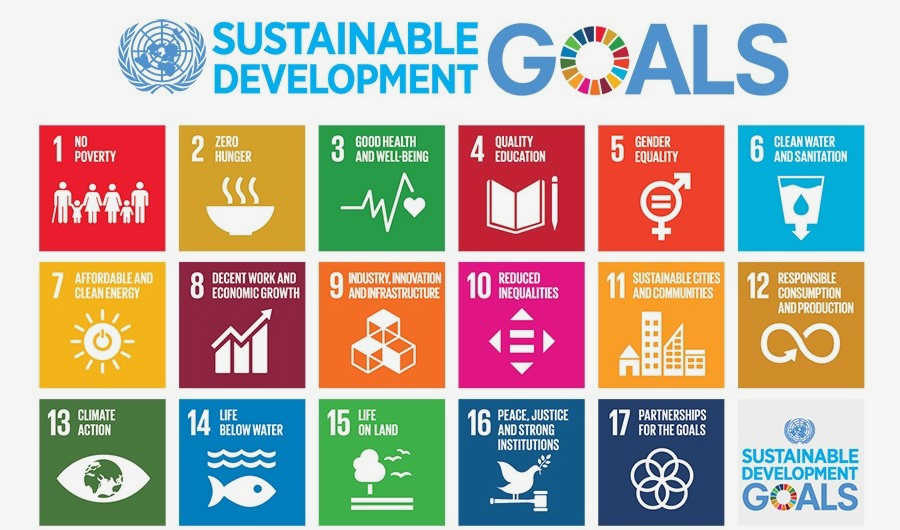
2. Fostering cultural exchange
Another important aspect of sustainable international volunteering projects is the opportunity for cultural exchange. These projects often involve volunteers from different countries and backgrounds, creating a platform for sharing ideas, traditions, and experiences. By promoting understanding and appreciation of other cultures, sustainable volunteering projects contribute to creating a more tolerant and inclusive global society.
3. Addressing long-term challenges
Sustainable volunteering projects are designed to address long-term challenges faced by communities, such as poverty, lack of education, and access to healthcare. By focusing on addressing the root causes of these challenges, rather than providing short-term solutions, these projects strive to create lasting change. This approach ensures that the impact of volunteering efforts extends beyond the duration of the project and continues to benefit the community in the long run.
4. Promoting environmental sustainability
Sustainable international volunteering projects often have a strong focus on promoting environmental sustainability. These projects aim to address environmental issues such as deforestation, pollution, and climate change. By implementing sustainable practices, raising awareness about environmental conservation, and supporting local communities in adopting eco-friendly alternatives, these projects contribute to preserving the environment for future generations.
5. Building cross-cultural relationships
One of the lasting impacts of sustainable international volunteering projects is the relationships built between volunteers and community members. These projects create opportunities for individuals to connect on a deeper level and develop meaningful relationships that transcend borders and cultural differences. These cross-cultural relationships can continue to flourish even after the project ends, contributing to a more interconnected and globally aware society.





